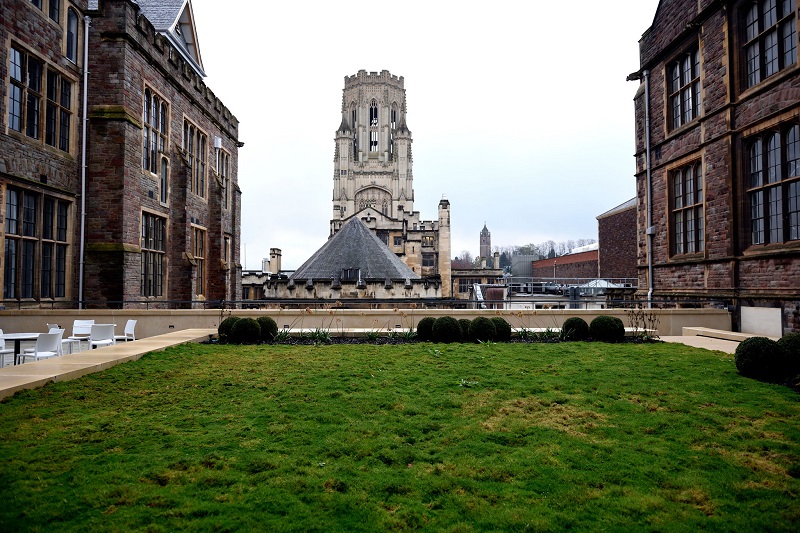
Three outstanding international academics will join the University of Bristol this year after being awarded the prestigious Royal Society Wolfson Visiting Fellowship. These fellowships enable exceptional international researchers to undertake a flexible 12-month period of sabbatical leave to join a UK university, to foster international collaboration and enrich scientific research.
The University of Bristol welcomes Aradhna Tripati, Professor of Earth Sciences from the University of California; Professor Belinda Wilkes, Senior Astrophysicist at the Smithsonian Astrophysical Observatory, and Professor Ken McLaughlin, Department Chair and Professor of Mathematics at Colorado State University.
Professor Phil Taylor, Pro Vice-Chancellor for Research and Enterprise, said: ‘These Fellowships are a fantastic opportunity for the University of Bristol and we are extremely grateful to the Royal Society and the Wolfson Foundation. Academic collaboration and knowledge sharing is integral for a healthy and vibrant research community and we are delighted to welcome these three renowned academics to Bristol.’
During her time at the University of Bristol, Professor Aradhna Tripati will be using cutting edge methods to study the history of the water cycle and help understand rainfall projections as the earth warms. As Director for the Centre of Diverse Leadership in Science and a renowned expert in equity and inclusion initiatives, Professor Tripati will also be working with colleagues at Bristol to champion diversity in the sciences.
Working with the University’s School of Physics, Professor Belinda Wilkes will be exploring super-massive black holes, the densest objects in our Universe. Using a new generation of telescopes and instruments, Professor Wilkes will be tracing super-massive black holes and their impact on their surroundings, to explore their role in generating the structures in the Universe.
Professor Ken McLaughlin’s research will be undertaken within the School of Mathematics, where he will be joining other leading experts in mathematical physics and applications. McLaughlin’s research has its origins in the description of natural phenomena, like the tidal bore on the Severn River, and now connects to many different applications, including the study of complex random systems. Known for his collaborative research, Professor McLaughlin will also be delivering postgraduate courses during his time at Bristol, to support the University’s early-career research community.
Professor Richard Pancost, Head of the School of Earth Sciences, said: ‘These Fellowships facilitate collaboration on research but also education and community. This allows us to curate the exciting but sometimes challenging conversations that are essential to the future of our discipline, whether it be a technological innovation, cutting-edge research or decolonising our practice and becoming more inclusive. All of us at the University of Bristol are very excited about building ongoing relationships with these leading academics and enriching and diversifying our research in the natural sciences.’
The University of Bristol is grateful for the remarkable support of the Wolfson Foundation. To find out more about the causes alumni and friends support, click here.
The Wolfson Foundation is an independent charity with a focus on research and education. Its aim is to support civil society by investing in excellent projects in science, health, heritage, humanities and the arts. Since it was established in 1955, some £1 billion (£2 billion in real terms) has been awarded to more than 14,000 projects throughout the UK, all on the basis of expert review.
Image: Wills Memorial Building, home to the School of Earth Sciences
© Bhagesh Sachania Photography
